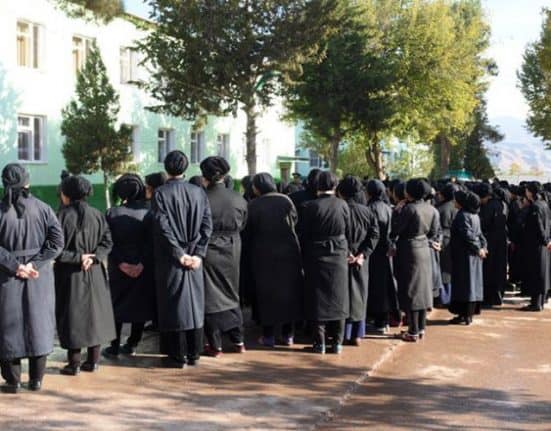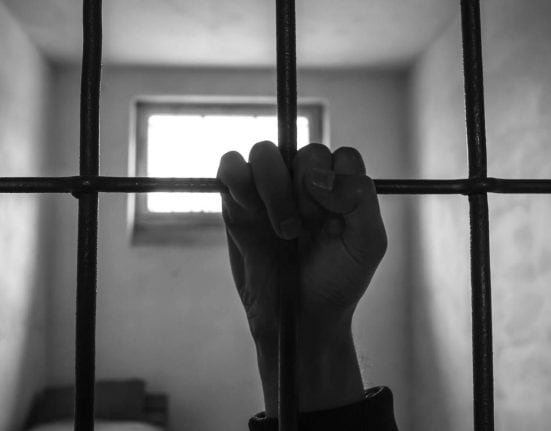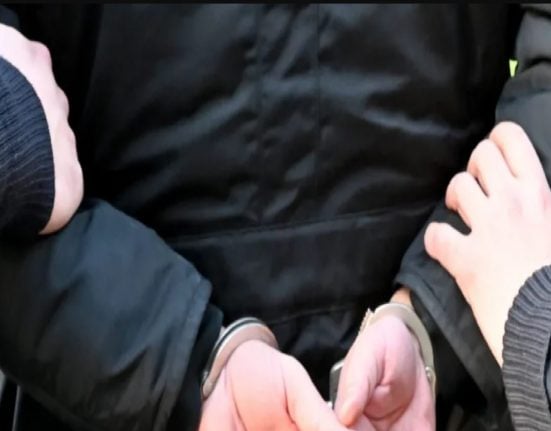After four months of blockade, on March 21, right on Navruz, the access to the Internet for residents of the Gorno-Badakhshan autonomous region of Tajikistan has been restored.
In GBAO, the Internet was turned off immediately after the start of riots caused by a protest against the special operation of the SCNS to detain Gulbiddin Ziyobekov, a resident of Roshtkal district, who was wanted. As a result of the gunshot wounds, Ziyobekov died upon being taken to the hospital.
On November 25, young people gathered at the regional administration and demanded to detain and punish the security forces’ officers of Tajikistan who participated in the special operation. The actions, which turned into mass riots, lasted four days, and stopped after the local authorities promised to conduct a thorough investigation into the death of Ziyobekov, provide access to the Internet and not persecute the citizens who participated in the protests.
For almost four months, local activists complained that the authorities didn’t keep any of their promises, and even turned to international organizations with a request to ensure the rights of people of the region to information, including through the Internet.
Speaking at a regular session of the UN Human Rights Council, Michelle Bachelet, the UN High Commissioner for Human Rights, criticized the authorities of Tajikistan regarding the ongoing shutdown of Internet access in GBAO. “This approach is a gross violation of human rights,” she said.
On March 16, the US Embassy in Dushanbe also expressed its view on the lack of Internet access in GBAO. “The Internet shutdown has affected the region’s population’s access to information, doing business, and freedom of speech. We call on the government of Tajikistan to respect fundamental freedoms.”
Two days later, speaking at an extraordinary meeting of the regional government, the chairman of the autonomous region, Alisher Mirzonabot, said that “due to the current situation in Roshtkal district and the city of Khorog in November, as well as in order to maintain the cleanliness of the information space in the region, access to the Internet was temporarily limited.” On March 18, he instructed to ensure the access of the population of the region to the Internet, but at the same time, the population received a warning that “if unfounded accusations or slander against the government, the regional leadership and representatives of state structures appear on social networks, a checking will be carried out, as a result of which the offender will be brought to justice.”
Some residents of Khorog, who got in touch, reported that access to the Internet was restored, however, the speed leaves much to be desired. “You can only send text messages, you can’t send audio or video, as well as you can’t receive them from senders,” one of the residents of the city told reporters under the condition of anonymity.







Leave feedback about this